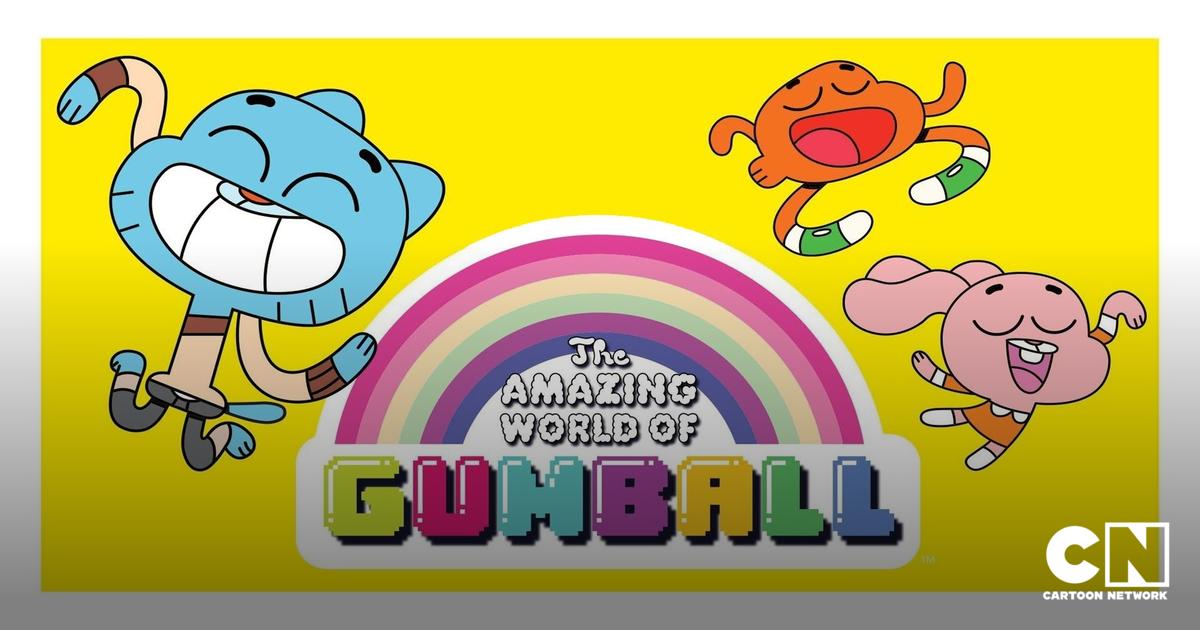Sound Perimeter: A Study Of Music's Social Influence

Table of Contents
Music as a Social Glue: Fostering Unity and Identity
Music has an extraordinary capacity to unite people, creating a sense of shared identity and strengthening social bonds. This "social glue" effect is evident in numerous contexts.
Shared Musical Experiences
- Concerts and Festivals: The collective energy of a concert or music festival is a powerful example of music's unifying power. The shared experience of listening to favorite artists, singing along to familiar lyrics, and dancing with others creates a palpable sense of community and connection. The release of endorphins and oxytocin, hormones associated with pleasure and bonding, further enhances this effect.
- Karaoke and other participatory music-making: Singing together, whether in a karaoke bar or a community choir, fosters a sense of camaraderie and shared accomplishment. These activities transcend age, background, and other differences, uniting participants through a shared creative experience.
- Community Building: Music plays a vital role in building strong communities. Local bands, community orchestras, and open mic nights provide platforms for social interaction and shared cultural expression, fostering a sense of belonging and identity within a specific geographic area.
Musical Subcultures and Identity Formation
Participation in musical subcultures significantly shapes individual and collective identities. These subcultures, often defined by specific genres (punk, hip-hop, classical, etc.), create spaces for like-minded individuals to connect, share values, and forge strong social bonds.
- Punk Rock and Rebellion: Punk music, with its rebellious lyrics and anti-establishment ethos, has fostered a strong subculture characterized by its rejection of mainstream norms and values. This shared rebellion creates a powerful sense of community and identity among its adherents.
- Hip-Hop and Expression: Hip-hop, with its diverse styles and focus on storytelling and social commentary, provides a platform for marginalized voices to be heard and empowers individuals to express their unique experiences and perspectives.
- Classical Music and Tradition: Participation in classical music, often associated with elegance and sophistication, can forge social connections between individuals who appreciate the shared history and traditions of this genre. The shared appreciation of intricate musical structures and interpretations creates bonds between those who value cultural tradition.
Music's Role in Social Movements and Political Change
Throughout history, music has served as a potent tool for social and political change, amplifying voices, mobilizing movements, and shaping public opinion. The musical influence in these contexts is immense.
Anthems of Revolution
Music possesses a unique capacity to inspire and motivate. Anthems of revolution and social movements harness the emotional power of music to galvanize collective action.
- Civil Rights Movement: Songs like "We Shall Overcome" became anthems of the Civil Rights Movement, providing a rallying cry for activists and symbolizing the struggle for equality.
- Anti-War Movements: Protest songs played a significant role in anti-war movements, giving voice to dissent and expressing the anxieties and frustrations of those who opposed military conflict.
- Women's Suffrage Movement: Music played a role in mobilizing support for women's suffrage, conveying the message of equality and inspiring action.
Music as Propaganda and Social Control
While music can inspire positive social change, it can also be used for manipulative purposes. Regimes often leverage music to propagate ideologies and exert social control.
- Nazi Germany: The Nazis used music extensively to promote their ideology and instill nationalistic fervor.
- Soviet Union: The Soviet Union employed music to disseminate communist propaganda and shape public opinion.
- Censorship and Control: The suppression of music considered subversive or threatening to the established order illustrates the power of music to challenge authority and the lengths to which regimes will go to control its influence.
Music in Everyday Life: Shaping Attitudes and Behaviors
The "sound perimeter" extends far beyond grand social movements and into the minutiae of our daily lives, subtly shaping our attitudes and behaviors.
Music and Consumerism
Music is a powerful tool in advertising and marketing, used to create positive associations with brands and products and influence consumer behavior.
- Retail Environments: Background music in stores and shopping malls is carefully selected to create a mood that encourages spending. Upbeat music might energize shoppers, while slower tempo music can promote relaxation and encourage lingering.
- Commercials and Ads: Jingles and background music in commercials leverage the emotional impact of music to make products more memorable and appealing.
- Musical Branding: Businesses use music to develop distinct brand identities, associating specific sounds with particular products or services.
Music and Mood Regulation
Music significantly impacts our moods and emotions, consequently influencing our social interactions.
- Therapeutic Use of Music: Music therapy is increasingly recognized as an effective tool for managing stress, anxiety, and depression. Listening to calming music can reduce stress levels, while upbeat music can boost energy and improve mood.
- Emotional Contagion: Music can evoke strong emotions, influencing our behavior and social interactions. Listening to sad music might make us feel more empathetic, while listening to aggressive music might lead to increased irritability.
- Social Interactions: The choice of music can influence social dynamics. Playing calming music during a social gathering might foster relaxation, while playing high-energy music might encourage dancing and socializing.
Conclusion
This exploration of the "sound perimeter" reveals the multifaceted ways music influences social dynamics. From fostering unity and identity to driving political change and shaping everyday experiences, music's pervasive influence is undeniable. Understanding the social impact of music and its complex interplay with society is crucial for navigating our increasingly interconnected world. Continue exploring the complex interplay between music and society, and consider how your own musical preferences shape your interactions and perspectives. Dive deeper into the research of music's social influence and contribute to the ongoing conversation surrounding the power of the "sound perimeter."

Featured Posts
-
 Its A Peppa Pigs Mummys Baby Gender Reveal Announced
May 22, 2025
Its A Peppa Pigs Mummys Baby Gender Reveal Announced
May 22, 2025 -
 Is An Arsenal Legend Set To Replace Pep Guardiola At Manchester City
May 22, 2025
Is An Arsenal Legend Set To Replace Pep Guardiola At Manchester City
May 22, 2025 -
 Showbiz News David Walliams And Simon Cowells Relationship Explodes
May 22, 2025
Showbiz News David Walliams And Simon Cowells Relationship Explodes
May 22, 2025 -
 Where To Watch Peppa Pig Online For Free Streaming Options And Tips
May 22, 2025
Where To Watch Peppa Pig Online For Free Streaming Options And Tips
May 22, 2025 -
 Juergen Klopp Set For Anfield Return Before Seasons End
May 22, 2025
Juergen Klopp Set For Anfield Return Before Seasons End
May 22, 2025
Latest Posts
-
 Dexter Resurrection Ein Kult Comeback Mit Bekannten Gesichtern
May 22, 2025
Dexter Resurrection Ein Kult Comeback Mit Bekannten Gesichtern
May 22, 2025 -
 The Amazing World Of Gumball Hulu And Disney Streaming Details
May 22, 2025
The Amazing World Of Gumball Hulu And Disney Streaming Details
May 22, 2025 -
 Dexter Resurrection A Look At The Return Of Lithgow And Smits
May 22, 2025
Dexter Resurrection A Look At The Return Of Lithgow And Smits
May 22, 2025 -
 Gumball Moves To Hulu And Disney What To Expect
May 22, 2025
Gumball Moves To Hulu And Disney What To Expect
May 22, 2025 -
 John Lithgow And Jimmy Smits Return Confirmed For Dexter Resurrection
May 22, 2025
John Lithgow And Jimmy Smits Return Confirmed For Dexter Resurrection
May 22, 2025
